Here are 20 frequently asked questions specifically about holding escrow accounts in California:
1. What is a holding escrow account in California?
A holding escrow account in California is used to temporarily hold funds or property documents until certain conditions are met.
2. Who typically manages the holding escrow account in California?
An escrow company, attorney, or designated third party often manages the holding escrow account to ensure compliance with the agreed-upon terms.
3. What is the purpose of a holding escrow account in California?
The purpose is to provide a neutral and secure space to hold funds or documents until specific obligations are fulfilled in a transaction.
4. Who selects the escrow company for a holding escrow account in California?
The parties involved in the transaction usually mutually agree on the choice of the escrow company for the holding account.
5. Are there specific regulations governing holding escrow accounts in California?
Holding escrow accounts must adhere to general escrow regulations, ensuring that funds and documents are held securely and ethically.
6. Can a party’s attorney be involved in a holding escrow process in California?
Yes, attorneys can provide legal guidance and negotiate terms related to the holding escrow process.
7. What documents are required for a holding escrow account in California?
Required documents depend on the nature of the transaction, but they may include agreements, purchase contracts, and relevant legal documents.
8. Can the funds in a holding escrow account be released before the specified conditions are met in California?
Funds are generally released when all parties fulfill their obligations as outlined in the agreement.
9. What happens if there are disputes over the release of funds from a holding escrow account in California?
Escrow companies often have dispute resolution procedures. If no resolution is reached, legal action might be necessary.
10. Are there specific fees associated with holding escrow accounts in California?
Escrow fees can vary based on the complexity of the transaction and services provided by the escrow company.
11. Can the terms of the holding escrow arrangement be negotiated in California?
Yes, parties can negotiate specific terms for the holding escrow arrangement within legal boundaries.
12. Is using an escrow company mandatory for holding accounts in California?
While not always mandatory, using an escrow company is recommended to ensure a secure and neutral handling of funds and documents.
13. Can a holding escrow account be used for real estate transactions in California?
Yes, holding escrow accounts can be used in real estate transactions, particularly for earnest money deposits or contingencies.
14. Can an out-of-state party use a California-based escrow company for a holding account?
Yes, parties from outside California can use a California-based escrow company, but compliance with state regulations is necessary.
15. Can the holding escrow process be expedited in California?
While timelines can be negotiated, certain factors related to document reviews and transaction requirements might impact the process duration.
16. Can a holding escrow account be used for business acquisitions or mergers in California?
Yes, holding escrow accounts can be used in business transactions to ensure conditions are met before finalizing the acquisition or merger.
17. Can the holding escrow account be used to hold intellectual property or patents in California?
Yes, holding escrow accounts can hold various assets, including intellectual property, until conditions are met.
18. Can a holding escrow account be used in legal settlements in California?
Yes, holding escrow accounts can be established to hold settlement funds until parties fulfill their obligations.
19. Can the holding escrow account be used for personal transactions unrelated to business or real estate?
Yes, holding escrow accounts can be established for various personal transactions where conditions need to be met.
20. What role does the escrow company play in the holding escrow process in California?
The escrow company acts as a neutral intermediary, managing the funds or documents until the specified conditions are fulfilled.
Remember that the use of holding escrow accounts can vary based on the type of transaction and its specific requirements. It’s important to consult with legal professionals and experts familiar with California’s escrow regulations when considering a holding escrow account for your specific situation.




